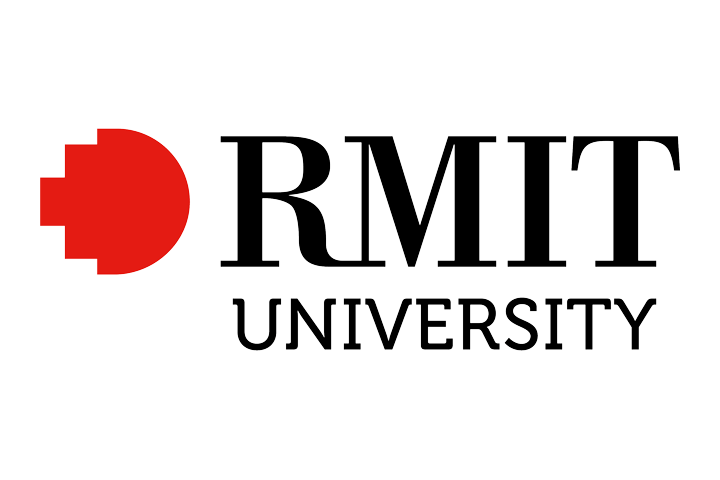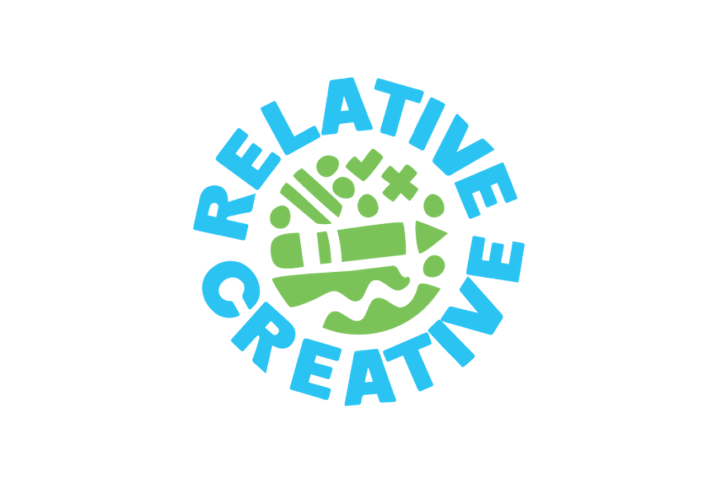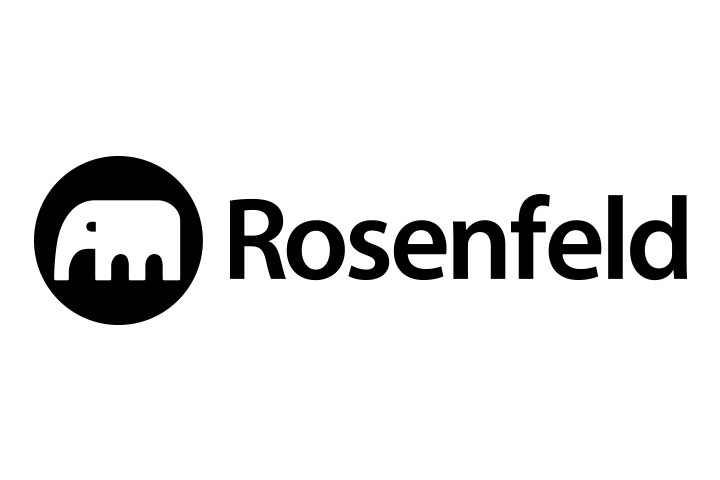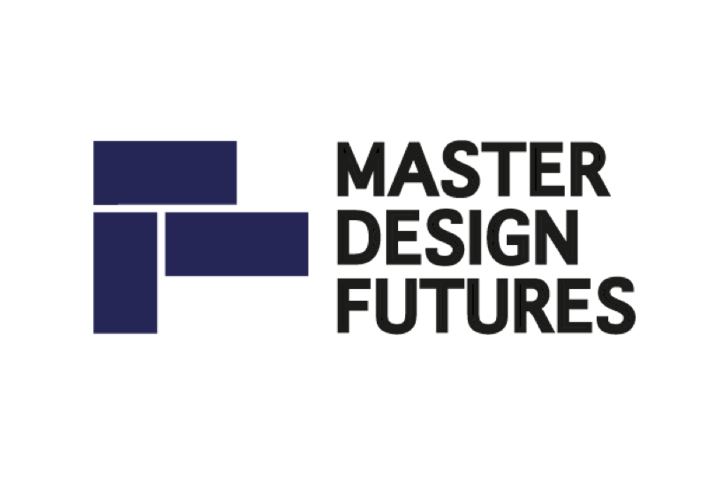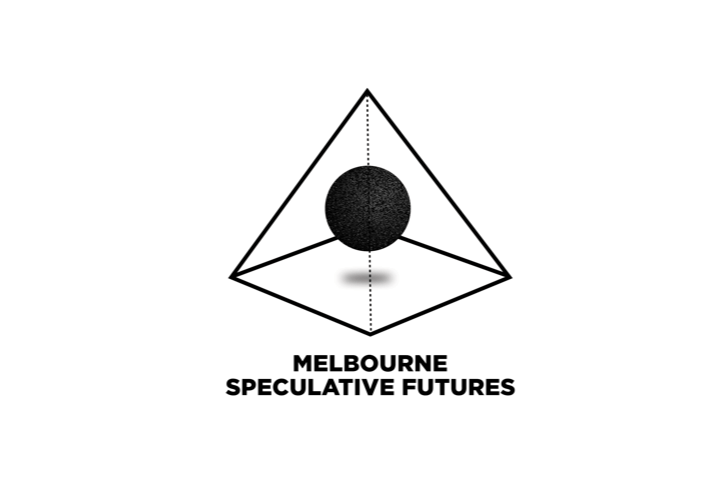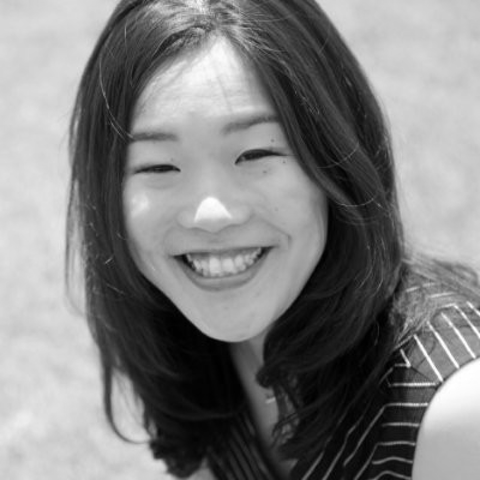
YUKI UCHIDA (JPN)
MANAGING DIRECTOR, RE:PUBLIC INC.
Yuki Uchida graduated from Waseda University with bachelor degree in Architecture. After working as a media producer at Recruit Ltd., she majored in Sustainable City Design at Ferrara University graduate school in Italy in 2012. She was involved in regional planning projects in Italy, Brazil, Chile, Vietnam etc. as well as UN Sustainable City Alliance Project in the Brazilian Government. Also, she took part in a project to produce participatory guidebook: “Fukui-jin:People in Fukui” in 2012, as a founder.
Yuki was involved in the establishment of Re:public in 2013. She is a founding director of “Innovation Studio Fukuoka” which program to promotes citizen innovation in Fukuoka, “make.fukui” including XSCHOOL, a design school and project incubation program for young innovators and local industries commissioned by Fukui city. She has also managed foresight programs with a R&D department in several companies, universities and so on. She appointed as a regional revitsation evangelist by the Cabinet Office in 2017.
TALK: 'INFRASTRUCTURING: DESIGNING FOR LONG-TERM REGIONAL REVITILIZATION IN JAPAN' (2019)
“What social innovations do is to recombine existing resources and capabilities to create new functions and new meanings” – Ezio Manzini.
Indeed, in a country which has undergone significant changes in its economy and population, such as Japan, it is ever more important to switch to a system that revalues existing resources, rather than an economic development system that assumes the expansion of infinite resources.
After the Great Tohoku Earthquake of March 2011, in Japan, the fragility of existing organizational infrastructures was exposed, and people began to realize that significant change is needed.
At the same time, we realized it was necessary for us to connect with each other and take ownership of shaping our society. Since these events, I have asked myself, “How can we create momentum for citizens to feel empowered to solve unforeseeable problems creatively, together?” and “Consequently, how can we increase a region’s resiliency during periods of normalcy?”
Hints at an answer can be found in the theory of “infrastructuring,” used in the fields of Participatory Design and Anthropology. Infrastructuring is a long-term approach to support social innovation and was first proposed by Star in 1996. In periods of normalcy, the human and physical resources that exist at the regional level should be assessed to pave the way for infrastructuring, which in turn will increase restorative capabilities. I thus started an incubation program called XSCHOOL in Fukui, a medium-sized city located on the Japan Sea, in 2016.
I focused on Fukui’s local industry. Local industries can be seen as an install base (a pre-existing resource) that integrates the town's culture, history, and the life of its inhabitants. Through analyzing these elements and co-visioning with residents and outside participants, we were able to create alternative futures of work and living that participants wanted to achieve.
In this presentation, I will introduce the process by which infrastructuring takes place, the requirements to achieve it, and the reason for doing it.
Infrastructuring is not necessary only in Japan. The continuous process that is infrastructuring will become an important way of thinking to all of us who are facing unprecedented, complex problems and seek to turn them into opportunities for progress.

